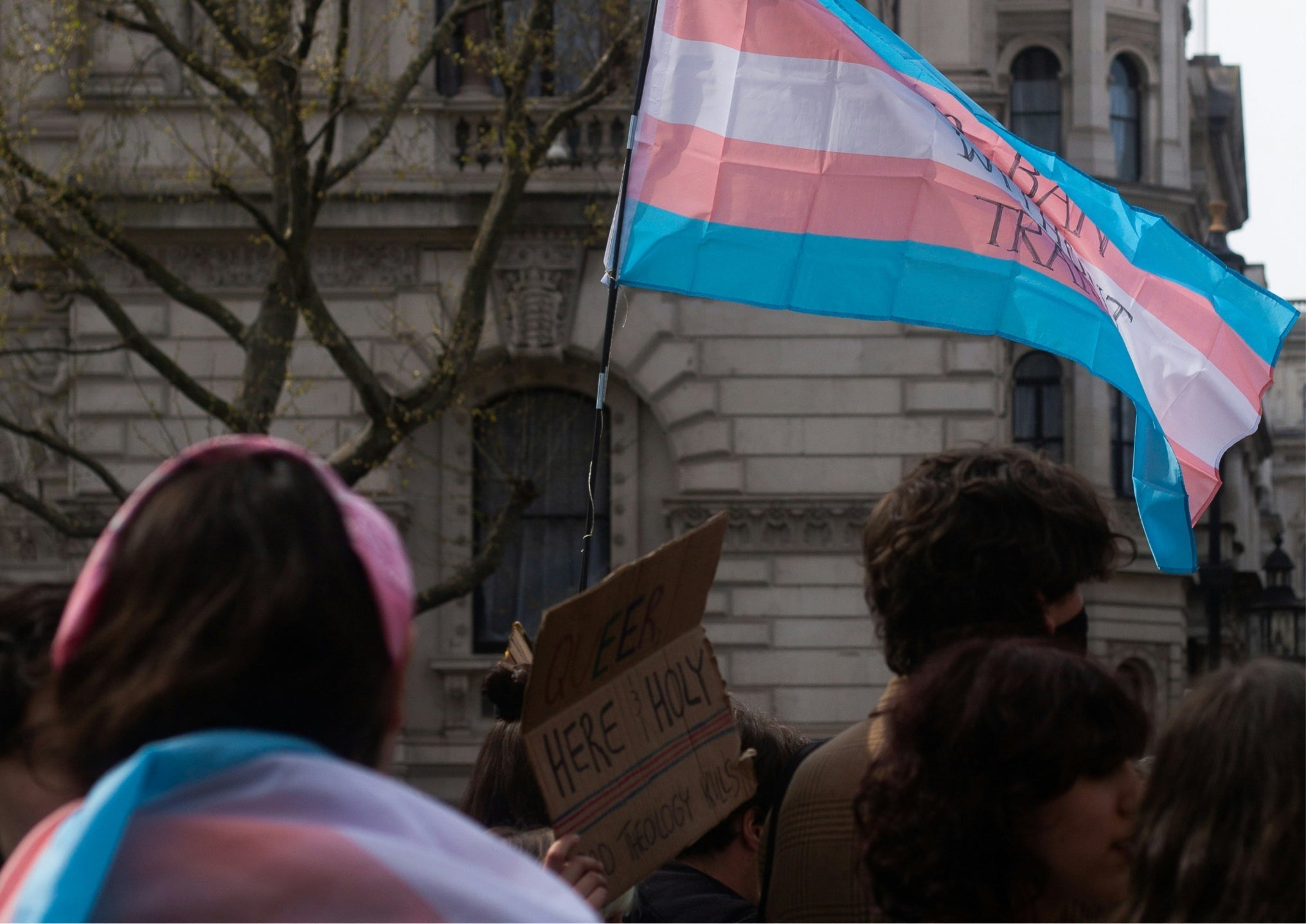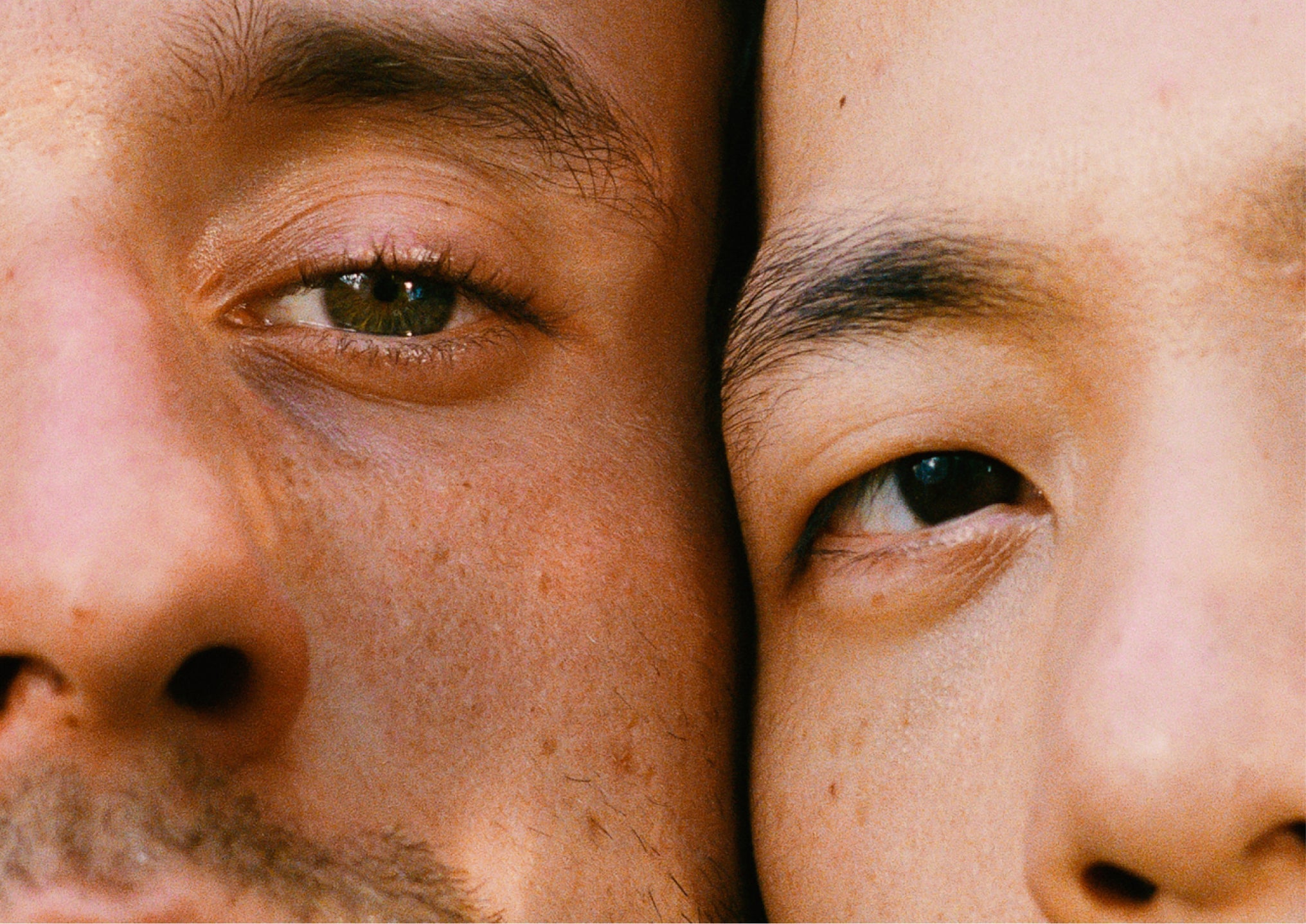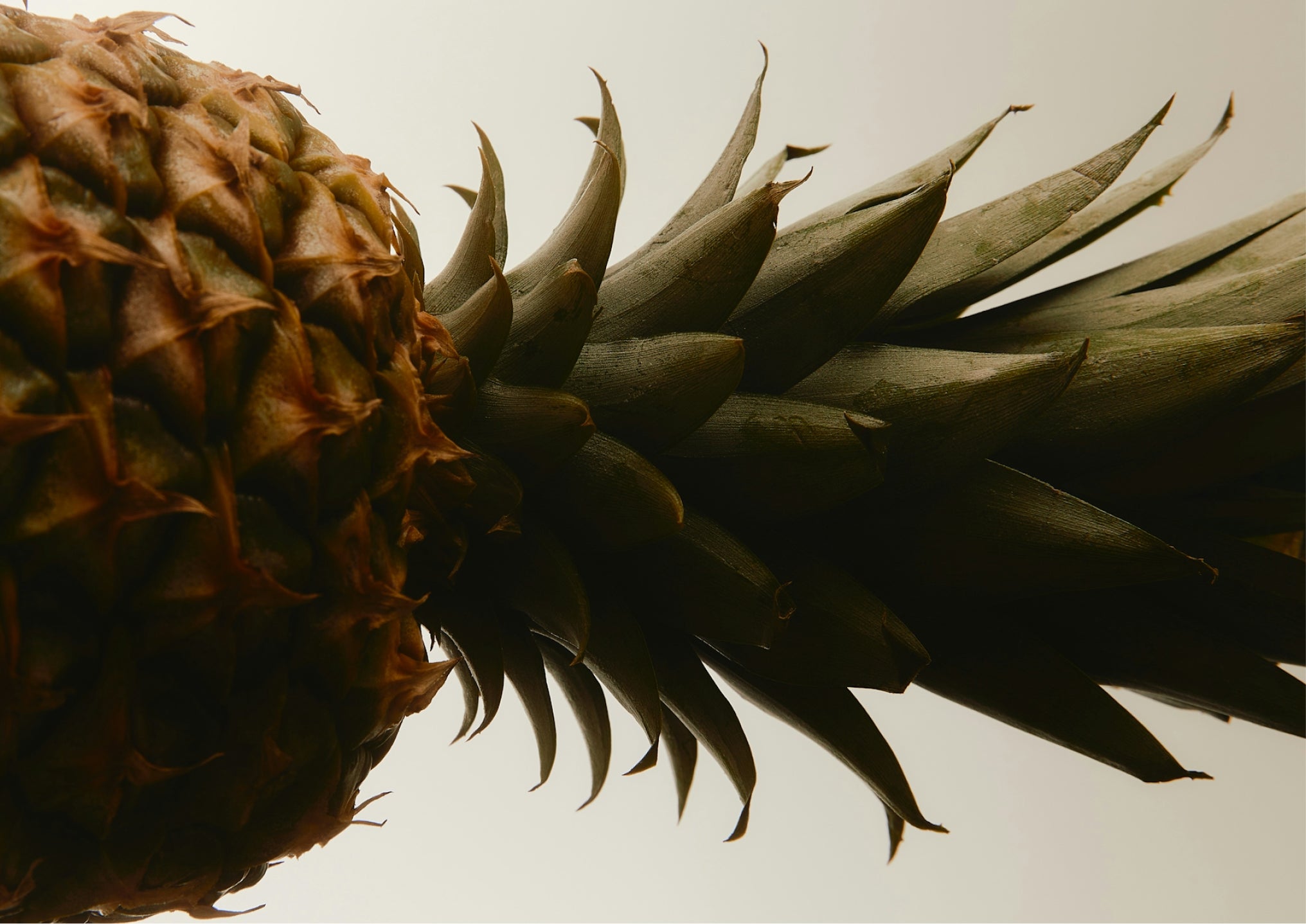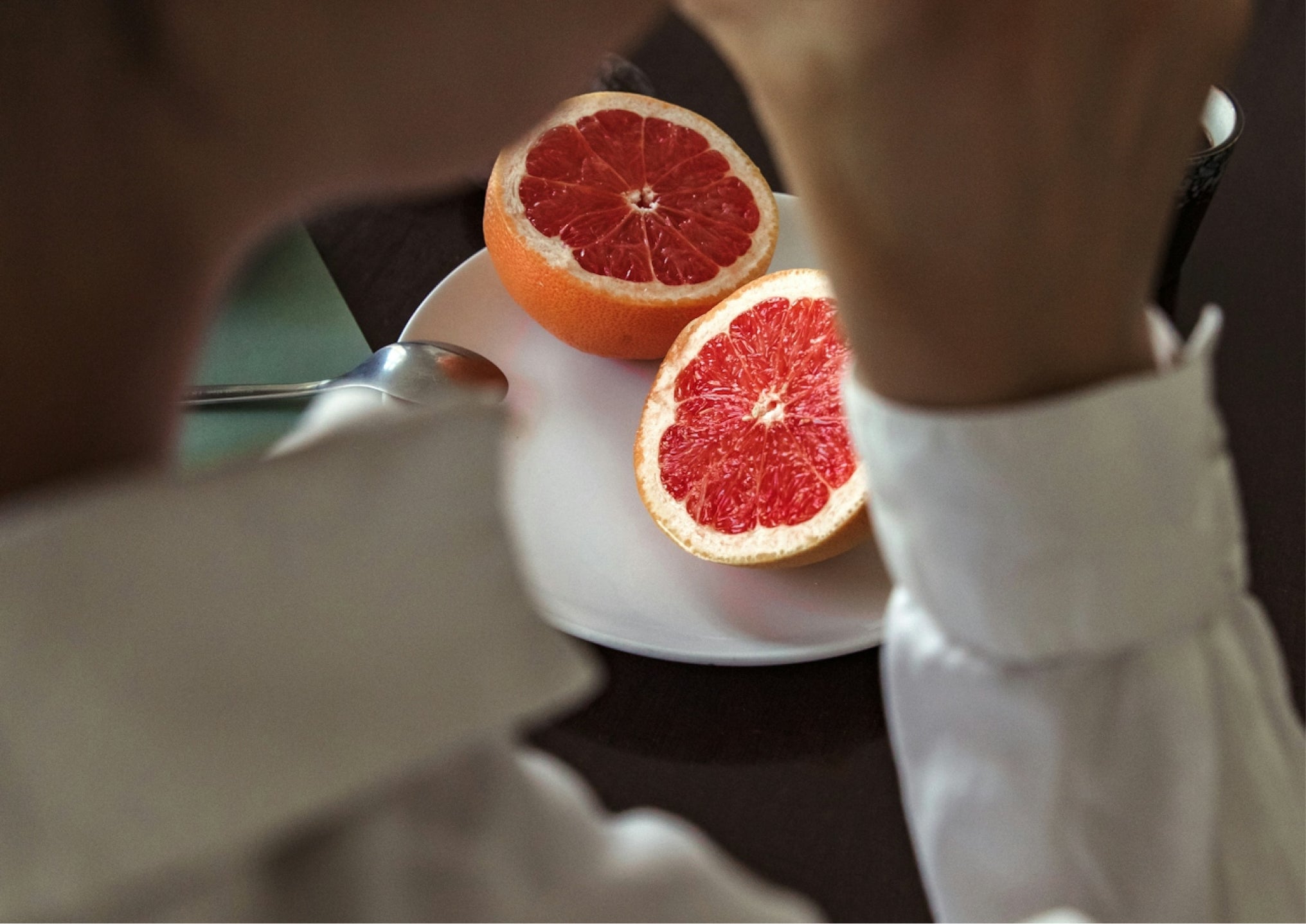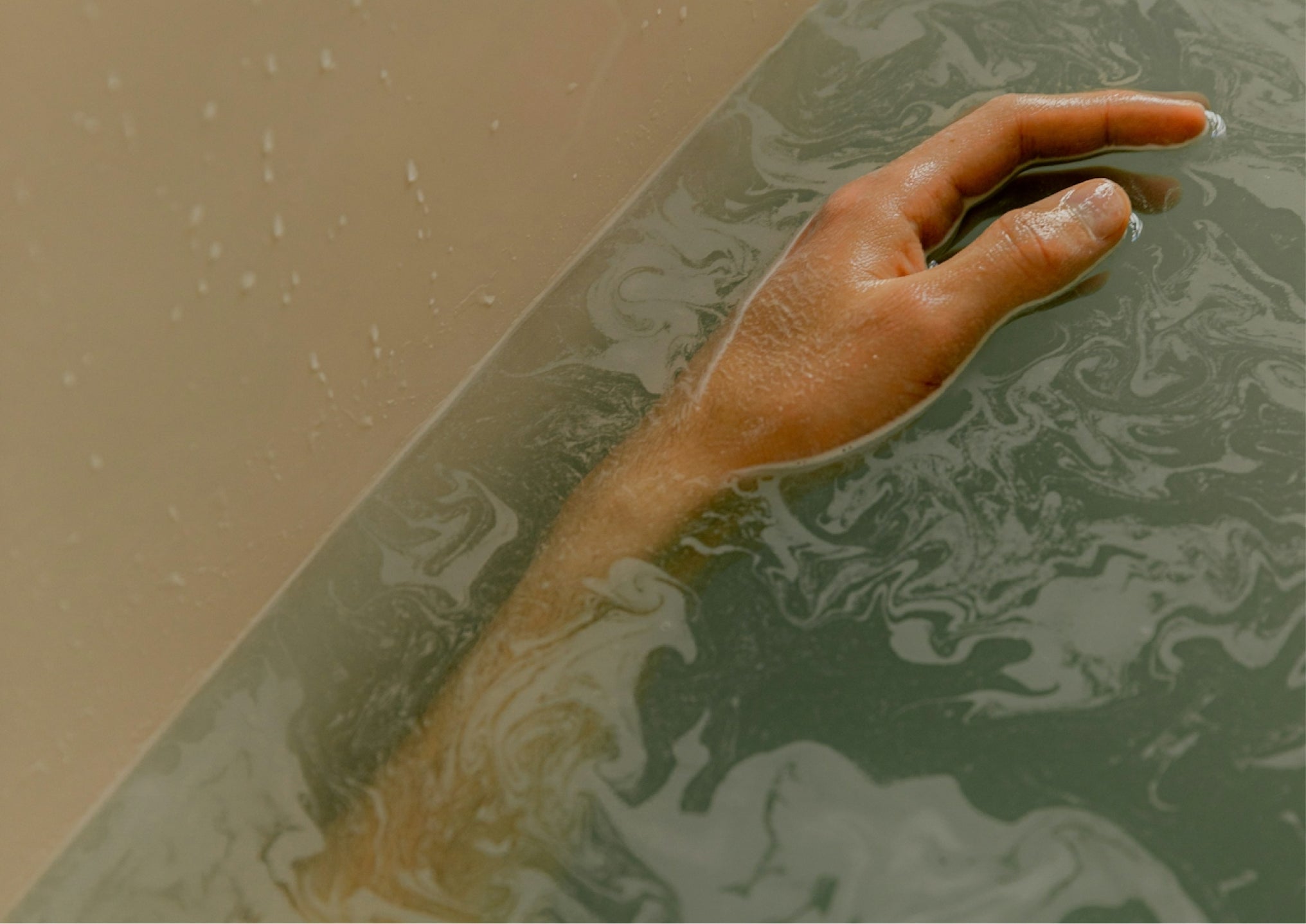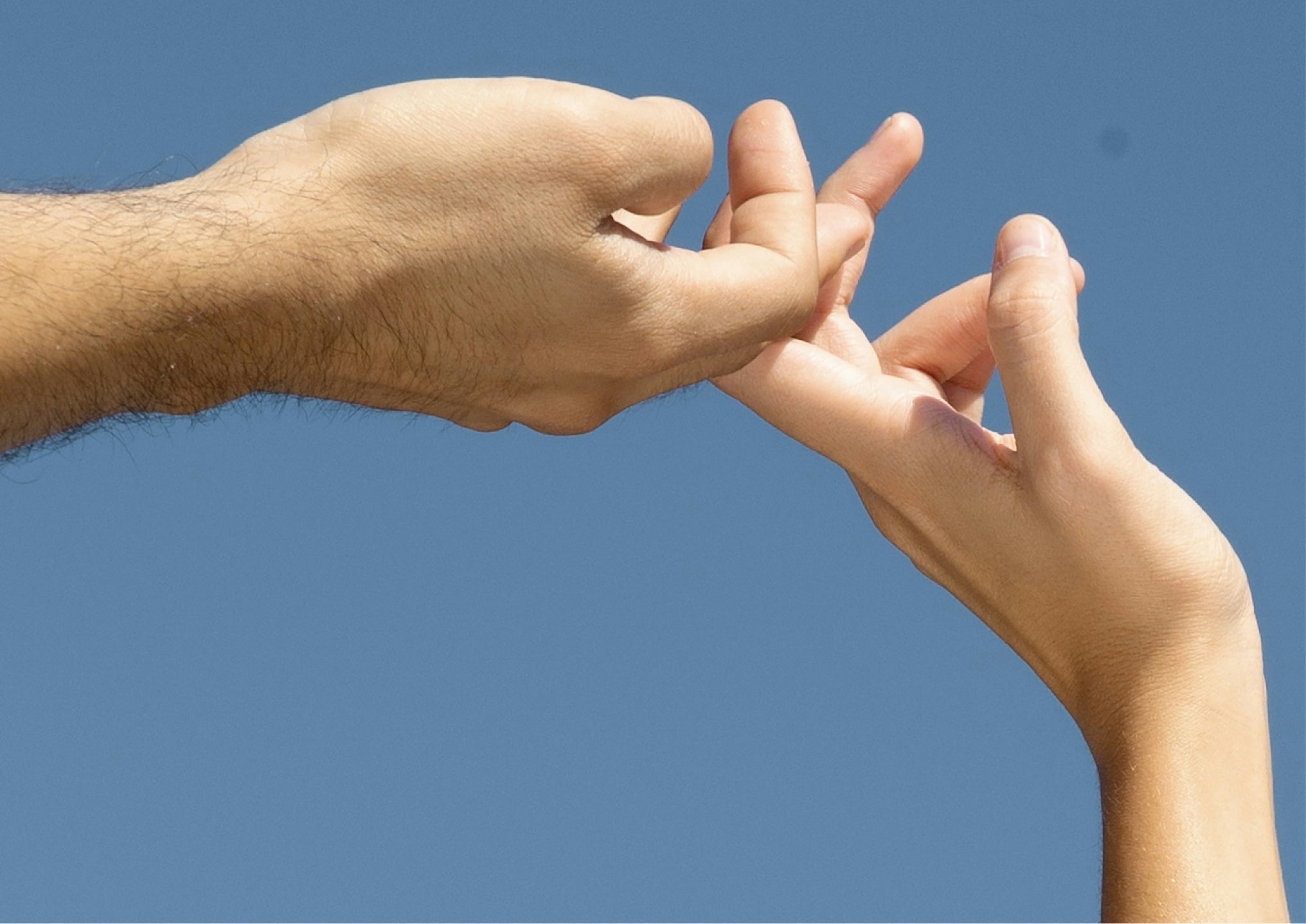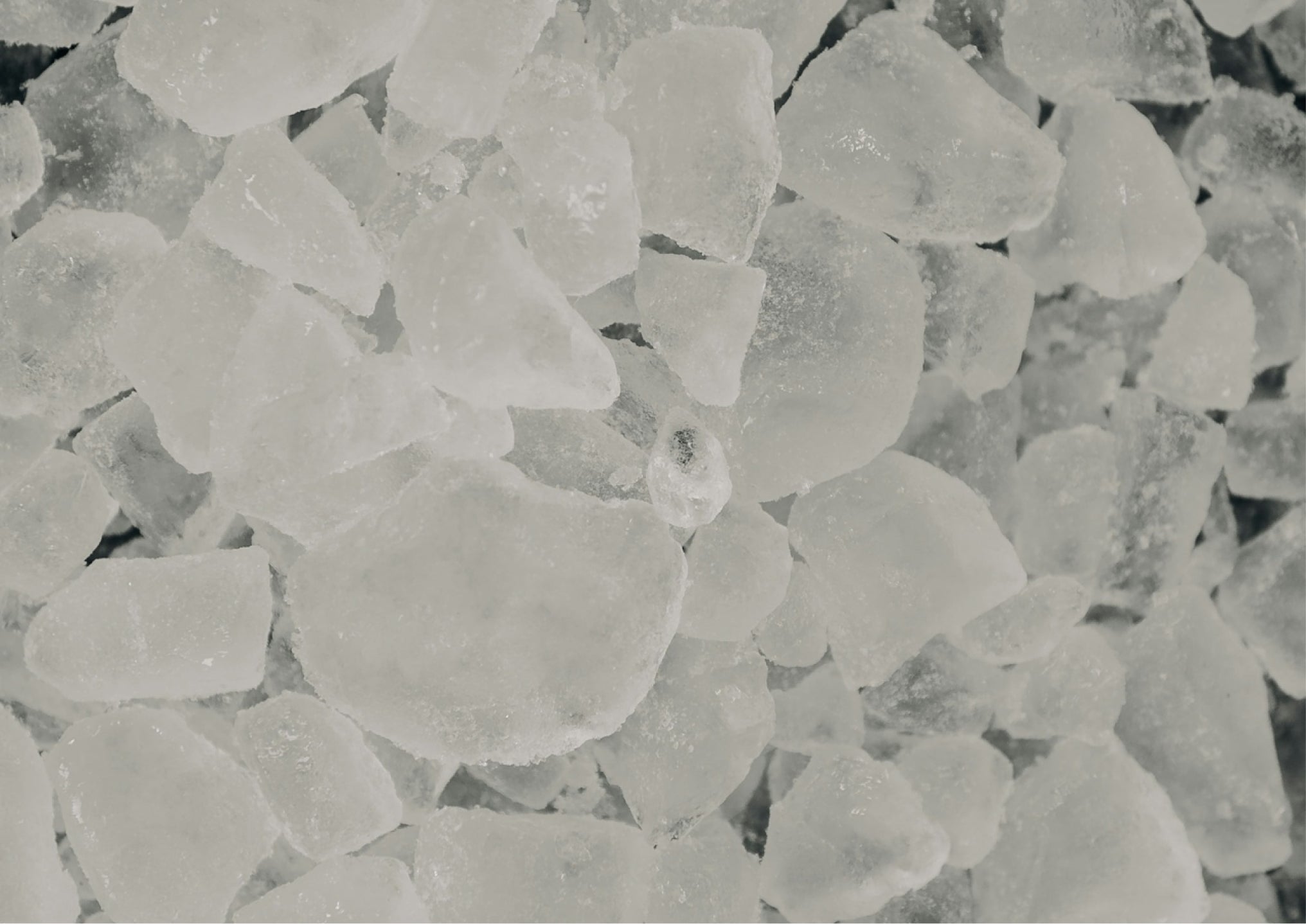Is it time to drop the "single" in single mum? Regardless of their relationship status, parents are parents and they deserve to be respected for it, not shamed.
'Single mum' has traditionally connoted poverty and lack of support. But the term is laden with judgmental baggage that doesn’t do single mums, single dads, or single parents in general, justice. It’s a loaded word, thrown around as though the baggage it carries doesn’t exist. It’s not a label that fits, so is it time to discard it?
Society has traditionally held an oddly diametric view of 'single mums'. We raise them on a pedestal and then proceed to pity their place there. “Look at the amazing job she’s doing” then “Must be so hard doing it all alone”. Not every mother is single because she ‘somehow’ ended up that way. Some mums swipe right for years before deciding they deserve better. Some mums never open an app, choosing instead to trust that there is some sort of plan they don’t yet know about. Some mums are single by choice. Some aren’t. Irrespective, it’s time to drop one word out of the equation: single.
The majority of the 11 million 'single' parent families in the US are headed by mothers. What this statistic doesn’t tell us is that these mothers are carving out a life for themselves – they did not care to wait for a partner. They did not care to leave the most life-altering decision they will make in the hands of a dating app, hoping that the last swipe might turn out ok. They took matters into their own hands. Being a single mother is not about being alone.
The reality is, most single mums are not, well, single. They have their best friend a phone call away. They have colleagues willing to cover for them when they need it most. They have mothers, fathers, nieces and siblings. Grandparents, aunties, nieces and nephews. They have a crew of friends; the family they chose. In short, they have a support network the size of a village, a village that can be, in some cases, more supportive than a single partner.
We, as a society, focus on the wrong thing. We’re busy talking about those who choose to be single mums when what we actually should focus on is those who choose motherhood. The "single" part could be intentional or circumstantial – the choice in this equation that matters is the choice to become a mother.
The stories we hear from mothers who chose to forge on ahead are stories filled with familial strength, perseverance, courage, and above all, love. We hear stories of mothers making meatloaf or lasagna or soup ahead of a due date, frantically filling freezers for daughters who will have their hands full. We hear stories of prospective mothers going through rounds of fertility treatment, with no one to help with their injections, hoping to double their little family, from one to two. We hear stories of legions of friends, bearing hugs and food and cries of “go take a nap, I’ll take care of everything”.
What we don’t hear are stories of isolation or loneliness. Of course, there are moments when these emotions rise to the top, but to reduce the journey to moments of emotion would be disingenuous.
It’s time to stop belittling single mums
Dropping single from our lexicon is important for a different reason: it’s reductive. Women are choosing to start families irrespective of whether there is a partner in their life or not, because, well, we don’t need a stable, sperm-owning partner to be a family. To refer to these women as "single" is crude. It indicates that they’re somehow less than a mother, as though they need a special label attached to ‘mother’ that ‘others’ them from those who have a partner. When we talk about single mums and mums, we tell the world that there are two categories, defined not by motherhood but by relationship status.
The journey to motherhood is a long road. Some adopt, some foster, some go through many, many fertility treatment cycles, some search tirelessly for a sperm donor and some work double time before their new arrival comes. To those who call the women choosing to start their families alone "selfish" – this could not be further from the truth. Being a single parent is the opposite of being selfish. For obvious reasons.
But, what about single dads?
Conversely, single dads are lauded for their bravery. Raising a child is seen as a female job, and men who do so are placed on a pedestal not only for their parenting skills but also for the assurance of the masculinity they must feel to undertake a ‘female’ role. Ask any solo father or single dad and you’ll get a very different picture. They are parents, like solo mothers, they face similar trials and dedicate their time to ensuring the best for their children. The difference is that society applauds one and pities the other. Single dads are brave for trying to parent without a female partner, while solo mothers are spurned because they couldn’t find a man to stay with them and their child.
Few parents would find these stereotypes helpful. They chose to be parents and make sacrifices every day for the well-being and happiness of their children. They don’t need pity or applause or judgement. "Single" or "solo" parent sounds like they’re alone but – as anyone who has ever had a small child tries to come into the bathroom with them will know – this is rarely the case.
This article was edited by Béa Fertility, from a previous article on Medium by Béa Fertility CEO Tess Cosad.












